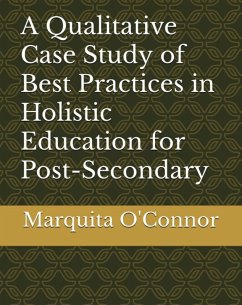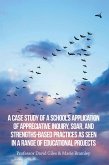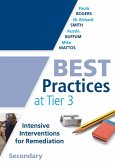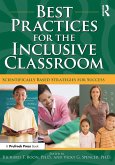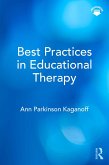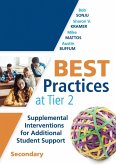This qualitative case study addressed the problem that there is a lack of best practices guidelines for post-secondary education institutions to provide a holistic education for students who experience trauma. Traditional education fails students by neglecting holistic education and connectedness. Traumatic life experiences have created gaps between many individuals who have experienced them and their peers who have not. These gaps can be economic, social, or educational. Holistic education has been shown to promote healing and help close these gaps. The holistic education theory focuses on intellectual, emotional, social, physical, artistic, and spiritual development. The purpose of this qualitative case study was to identify best practices for implementing holistic education programs in postsecondary institutions for students who experience trauma. The researcher asked semi-structured questions to determine the best course of practice for implementing holistic education in postsecondary institutions for these students. The researcher identified best practices for implementation and educational programs that close gaps for postsecondary students who experience trauma. Data analysis yielded themes of student engagement, physical activities, assignment choice, counseling or mental wellness courses, financial assistance, chunking, and literary software. The results from this research may assist current postsecondary instructors and administration in setting guidelines for implementing holistic education in post-secondary institutions for students who experience trauma. Future research could include in-person focus groups to improve discourse or grouping of participants by types of traumatic experiences to identify more specific best practices for individuals.
Dieser Download kann aus rechtlichen Gründen nur mit Rechnungsadresse in A, B, CY, CZ, D, DK, EW, E, FIN, F, GR, H, IRL, I, LT, L, LR, M, NL, PL, P, R, S, SLO, SK ausgeliefert werden.

